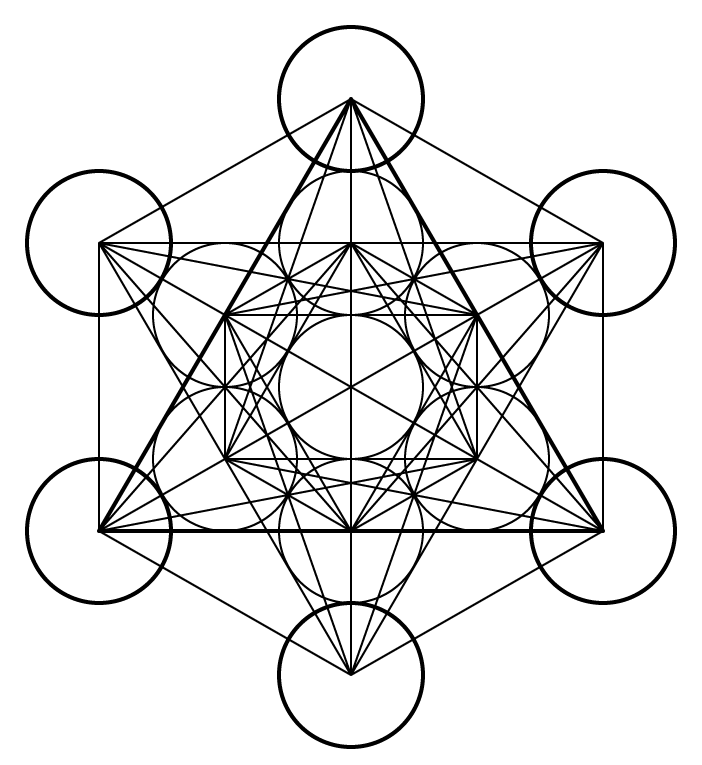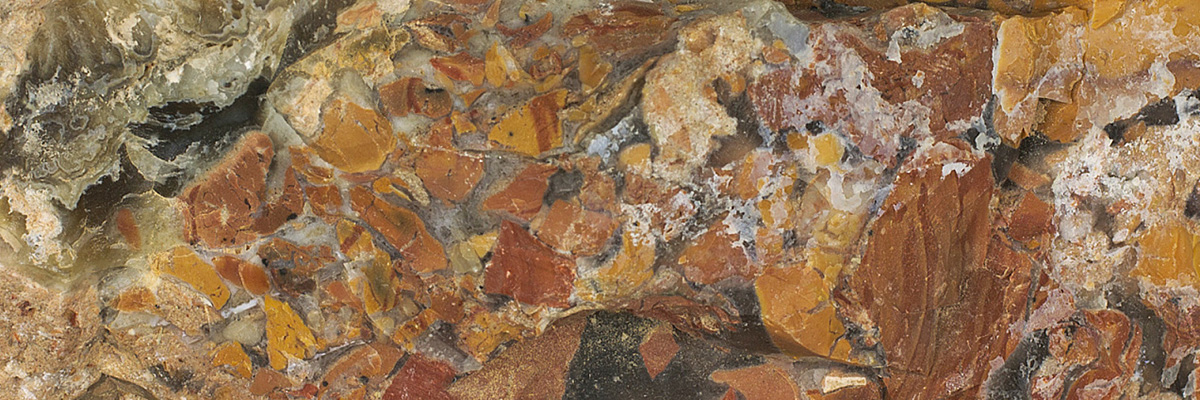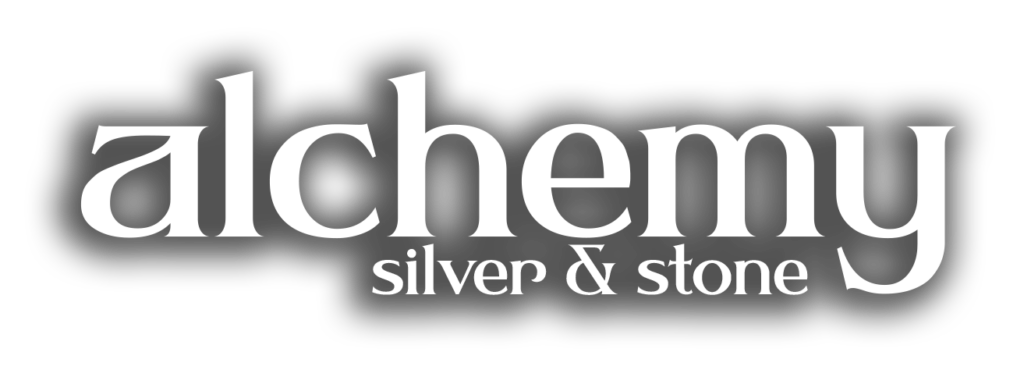Breccia is a clastic sedimentary rock composed of angular rock fragments cemented together within a finer-grained matrix. These rock fragments can vary in size, composition, and origin, giving breccia its distinctive, mosaic-like appearance. The rock is typically characterized by its coarse-grained texture and the sharp edges of its constituent fragments, which can range in color depending on the types of rocks present.
Mineral Makeup
The mineral makeup of breccia is highly variable, as it depends on the composition of the rock fragments and the cementing material. Common minerals found in breccia include quartz, feldspar, and various rock fragments such as limestone, sandstone, and igneous rocks. The cementing material can consist of minerals like calcite, silica, or iron oxides.
Origin
Breccia forms through the accumulation, compaction, and cementation of angular rock fragments, which can be produced by various geological processes such as erosion, tectonic activity, or volcanic eruptions. The angular shape of the rock fragments indicates that they have not traveled far from their source, as they have not undergone the rounding process associated with long-distance transport by water or wind.
Occurrence
Breccia can be found in a variety of geological settings, such as fault zones, landslides, and volcanic areas. It can also occur in association with hydrothermal systems, impact structures, or carbonate platforms. Geographically, breccia can be found in many regions worldwide, including the western United States, the Italian Apennines, and various other mountain ranges and volcanic regions.
Metaphysical
Breccia is thought to possess various metaphysical properties, including grounding, balance, and resilience. Its composition of various rock fragments symbolizes the merging of diverse energies and the importance of unity. Breccia is also believed to help individuals release emotional baggage and find inner strength during times of change and transformation.
| Class | Sedimentary (Clastic) |
| Mineral Makeup | Variable, depending on the rock fragments and cementing material |
| Luster | Dull to earthy |
| Hardness (Mohs) | 2-4, depending on the composition |
| Streak | Variable, depending on the constituent minerals |
| Color | Variable, depending on the rock fragments present |
| Cleavage | None, as it is composed of fragments |
| Specific Gravity | 2.0 to 2.9, depending on the composition |


